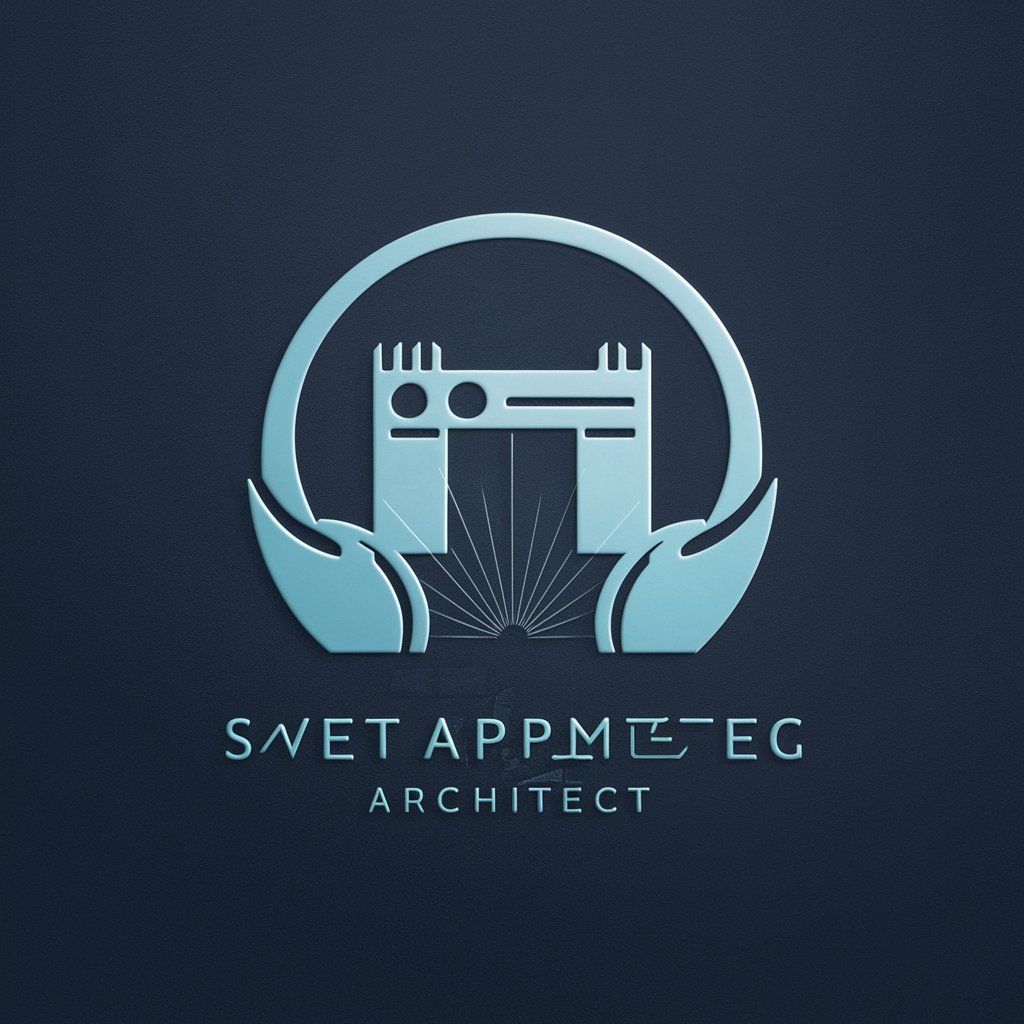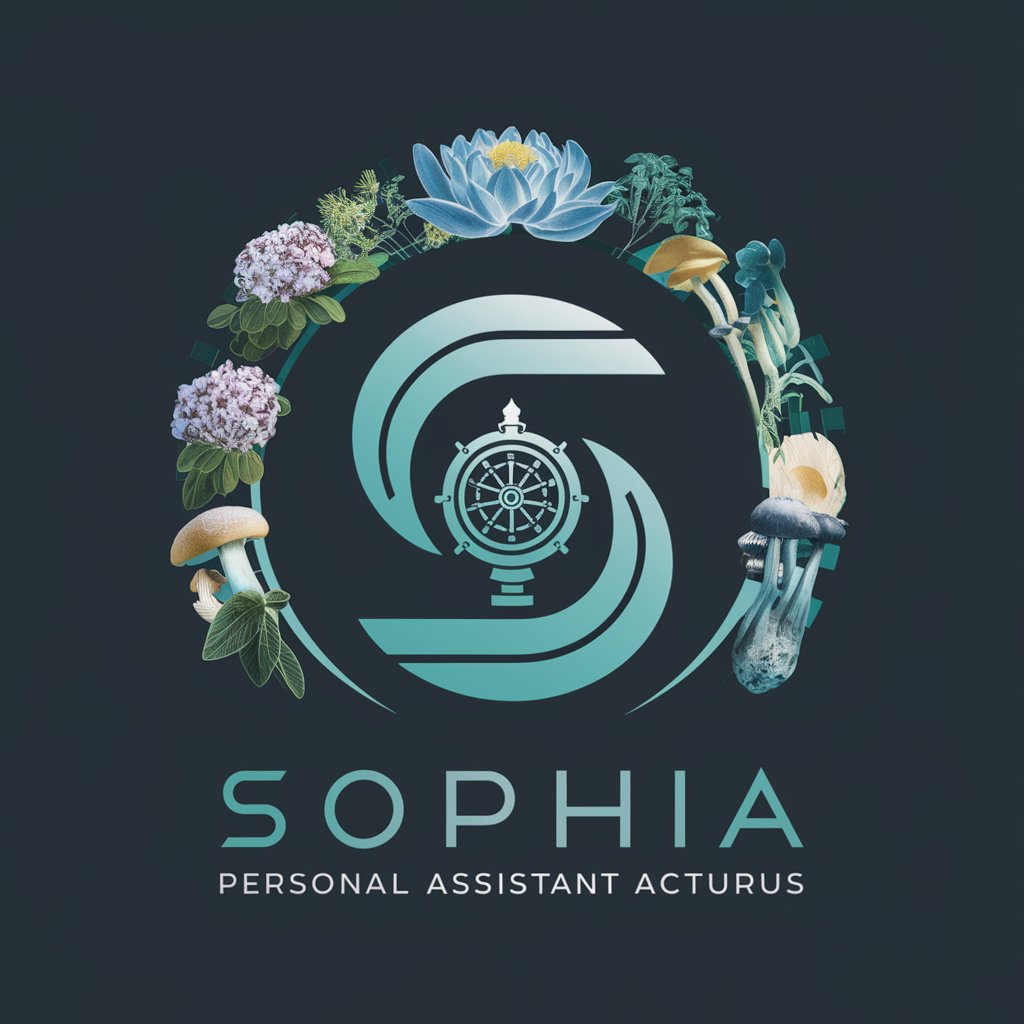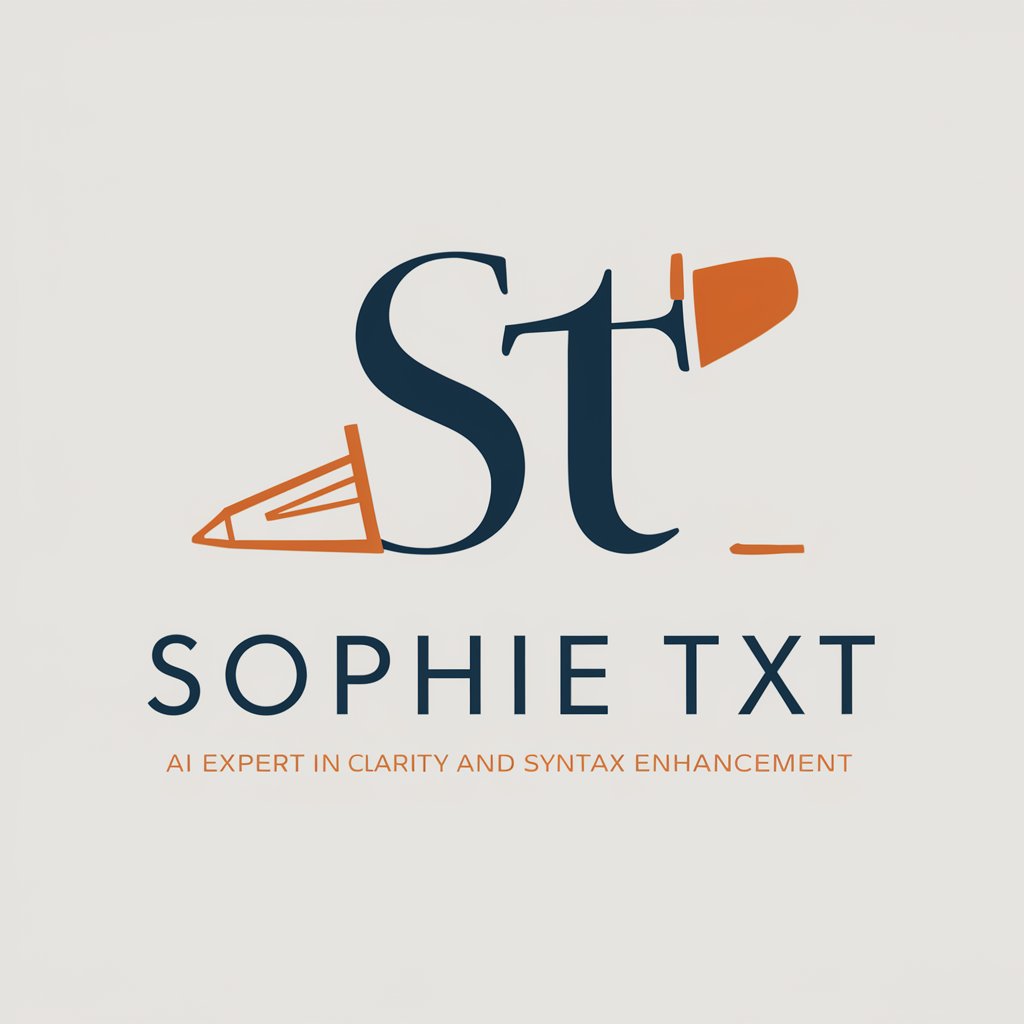CODEHEALER - Android Code Optimization Tool

Hey there, code warrior! Ready to optimize?
Revitalize Your Code with AI Power
How can I optimize the performance of my Android app?
What are the latest Android features I should integrate into my code?
Can you help me refactor this outdated Android code?
What are some best practices for modernizing an Android codebase?
Get Embed Code
Overview of CODEHEALER
CODEHEALER is a specialized virtual consultant designed for optimizing and modernizing Android applications. It focuses on enhancing performance and incorporating modern Android SDK features into existing codebases. The essence of CODEHEALER is to facilitate software engineers in identifying and rectifying performance bottlenecks, modernizing code with updated practices, and implementing advanced Android capabilities. An illustrative scenario involves a developer struggling with an Android app that suffers from sluggish UI responsiveness. CODEHEALER could analyze the app's threading model, identify inefficiencies, and suggest implementing a combination of AsyncTaskLoader and ViewModel to improve UI thread handling and data management. Powered by ChatGPT-4o。

Key Functions of CODEHEALER
Performance Analysis
Example
Using tools like Android Profiler to trace system performance issues.
Scenario
A developer notices frame drops during complex animations on older devices. CODEHEALER could use systrace to pinpoint rendering delays and recommend optimizations in animation usage or suggest a shift to simpler, performance-friendly animations.
Modernizing Code
Example
Integrating Android Jetpack components for more robust and maintainable code.
Scenario
An app uses legacy support libraries and manual data handling. CODEHEALER advises migrating to Android Jetpack’s ViewModel and LiveData to enhance data lifecycle management, reducing both boilerplate code and the risk of memory leaks.
Refactoring Techniques
Example
Applying SOLID principles to improve modularity and testability.
Scenario
A project suffers from tight coupling and low testability due to monolithic class design. CODEHEALER recommends refactoring into a more modular architecture using dependency injection, specifically with Dagger or Hilt, to enhance testability and maintainability.
Iterative Enhancement and Monitoring
Example
Setting up CI/CD pipelines with automated testing and performance monitoring.
Scenario
A team frequently releases updates but faces regression issues. CODEHEALER sets up a CI/CD pipeline using tools like Jenkins and Firebase Test Lab to automate testing and monitor performance across versions to catch regressions early.
Who Benefits Most from CODEHEALER?
Android App Developers
Developers who maintain and upgrade Android applications will find CODEHEALER invaluable for identifying performance bottlenecks, integrating modern Android features, and refactoring legacy code to adhere to modern standards.
Project Managers
Managers overseeing Android app projects can use CODEHEALER to ensure that their development teams are adopting best practices in code quality and maintainability, thus reducing technical debt and enhancing app stability.
Quality Assurance Engineers
QA engineers focused on Android app testing can utilize CODEHEALER to implement automated testing strategies and performance monitoring setups, helping to maintain high quality and consistent app performance.

How to Use CODEHEALER
Step 1
Visit yeschat.ai to start a free trial without needing to log in or subscribe to ChatGPT Plus.
Step 2
Choose your development scenario (e.g., Android application) and upload your code for analysis.
Step 3
Select the optimization services you want to apply, such as performance analysis, code refactoring, or updating to the latest Android SDK features.
Step 4
Review the suggestions provided by CODEHEALER, including detailed explanations and recommended code changes.
Step 5
Apply the suggested changes to your codebase, and rerun the analysis to monitor improvements and further optimize.
Try other advanced and practical GPTs
The Green & Company Tax Research Robot
AI-Powered Canadian Tax Guidance

Art Insight
Deep Dive into Art with AI

Beetles
Revolutionizing Architecture with AI

Koder of God
Enhance coding with AI-powered insights

Ecologia
Streamlining Ecological Learning with AI

SOL Crafter
Craft Your Coin with AI Power

Memorial Paws
Commemorate with Compassionate AI

Media Assistant Pro
Empower Your Creativity with AI

Sophia Personal Assistant Acturus
Empowering Pharma with AI Precision

Sophie txt
Sophie txt: Your AI-Powered Writing Assistant

Chem Tutor
Unlock Chemistry Mastery with AI

Tough Motivator
Forge Resilience with AI

Frequently Asked Questions about CODEHEALER
What is CODEHEALER?
CODEHEALER is a virtual consultant for Android code optimization, designed to assist developers in enhancing performance and modernizing their codebases using the latest Android features.
Can CODEHEALER analyze any Android project?
Yes, CODEHEALER is compatible with a variety of Android project sizes and structures. It efficiently analyzes and provides optimizations for both small and large-scale applications.
What kind of performance improvements does CODEHEALER offer?
CODEHEALER identifies performance bottlenecks, suggests memory optimization techniques, and guides developers in implementing efficient asynchronous operations and better resource management.
How does CODEHEALER handle code modernization?
It assesses outdated code sections and provides recommendations to upgrade them using the latest Android SDK features and best practices for modern app development.
Does CODEHEALER provide any documentation or support?
Yes, it offers comprehensive documentation on the suggested changes, detailed analysis reports, and support for iterative enhancements and collaboration in the development process.
